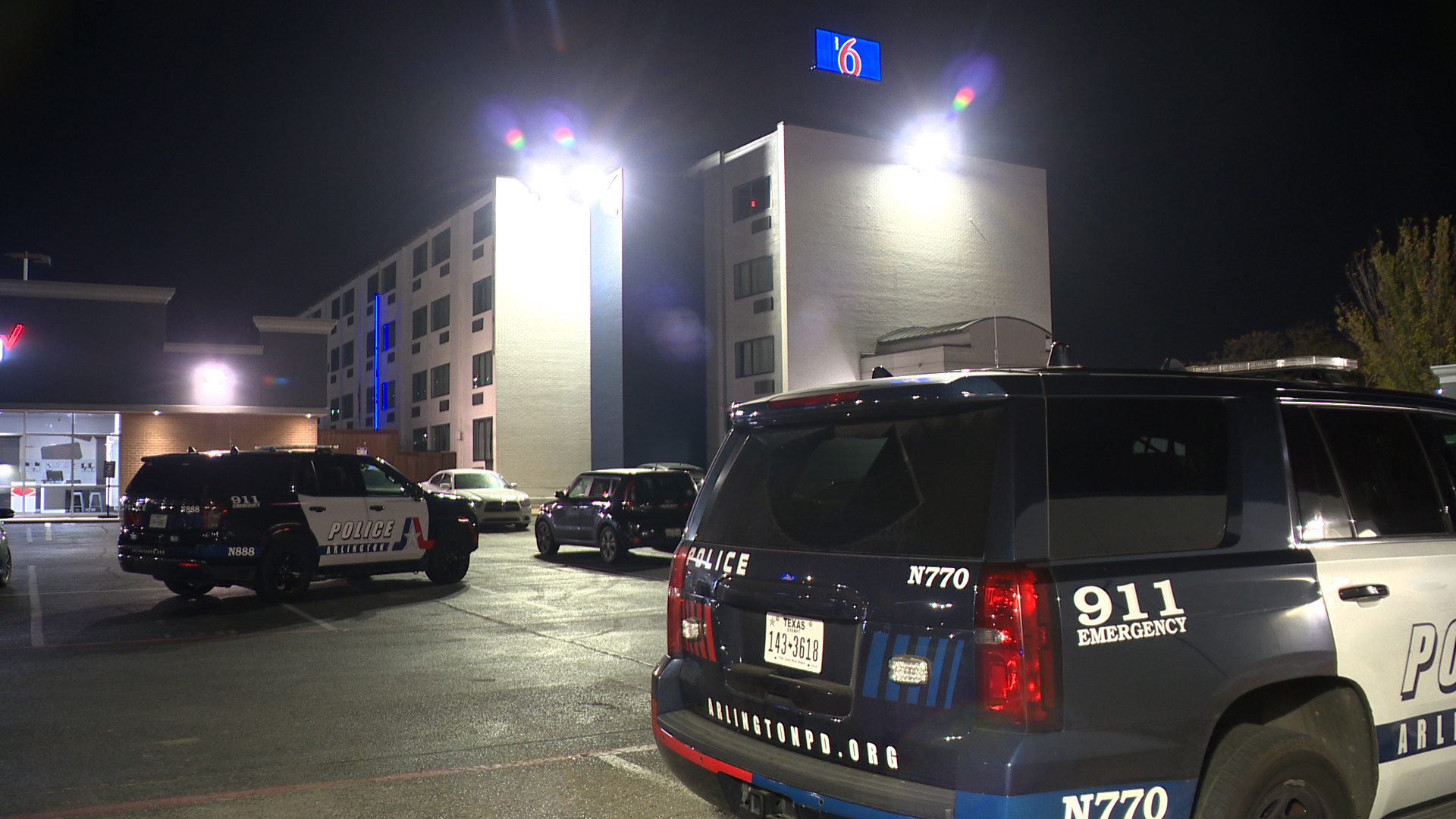The place the three women long ago called home is their home once more, but the world they knew there has vanished.
SONYA N. HEBERT/DMN
Flo Chapman has fond memories of her time at Juliette Fowler Children's Home.Betty Hall, Charlene Newsom and Flo Chapman live in senior apartments at the Juliette Fowler Homes in East Dallas. More than 50 years earlier - on nearly the same spot - their home was an orphanage.
When they lived at the Juliette Fowler Children's Home during the 1940s and '50s, their life there was strict and sometimes impersonal, though one they remember fondly.
There were long hours of chores, but Christmases were cheerful, and food could be abundant. "We'd eat watermelon until we were sick," said Hall, 76.
The matrons were sometimes forbidding, but the children could be mischievous and fun.
It was those childhood memories, of the good times, that brought the three women back.
"I was very happy here. I just felt that I was in a safe place," said Chapman, 75. "I always said I'd come back."
The 16-acre campus was bequeathed in the 19th century by Juliette Peak Fowler, a member of a prominent Dallas family, for the care of orphans and widows.
The orphanage, originally in Grand Prairie, moved to the East Dallas location in 1913. It closed in 1977, and the three-story building that housed it was torn down, a victim of a changing consensus among child-welfare advocates.
"Social workers felt that large group homes were not the best environment for kids," said Kay Ellis, president of Juliette Fowler Homes. "They began moving to the idea of putting children like that in foster homes."
Life at the orphanage was Spartan, the women recalled. Mornings began with a bell at precisely 7 o'clock.
"You got up and you had to make your bed right away. The bed had to be done before anything, before you even went to the bathroom," Hall said.
There were chores, and then breakfast at 8, before the children departed for classes in the neighborhood public schools. The afternoon meant more chores - ironing, cleaning, washing dishes or attending to the elderly widows who lived elsewhere on campus.
Children peeled potatoes or helped prepare vegetables. Some attended to goats that were raised on the Fowler campus for milk.
"I never knew what cow's milk was," Newsom, 75, recalled. "When I finally tasted some, I thought it was awful."
But in contrast to their previous lives, they never went hungry.
For the three children, the term orphan was misleading. At least one parent of each girl was still alive when they were placed in the care of the charity.
But in the Depression years of the 1930s and early '40s, some families gave up children they were unable to support.
The children were divided by age and gender, with each group presided over by a matron. Sometimes, the matrons were single mothers who, in addition to their wages, were allowed to house their children at the facility.
"They weren't allowed to live with their children," Hall said. "But they got work, and they all lived on the same campus, so there was that."
The matrons were universally remembered as strict, but the women said the kids themselves were hardly angels.
The mischief was innocent by today's standards: Kids would sneak a secret smoke or an unauthorized swim in the facility's pool.
"If we got caught, the penalty for us girls is that we had to do more ironing," Hall said.
Chapman remembers her introduction to the pool - one of the first in Dallas - particularly well.
"Danny O'Brien threw me in, and it was swim or be drowned," she said.
She survived to swim competitively at Tyler Junior College and the University of New Mexico at Albuquerque.
The orphans' home was a particular object of charity during the Christmas season. Every year, the children would compile wish lists and receive 10 or so gifts for the holiday, each beautifully wrapped.
A large Christmas tree was set up in a common area. The children would go house to house on holiday evenings, caroling for the wealthy residents of nearby Swiss Avenue.
At a time when many on the outside went hungry, food was plentiful.
In the winter, a West Texas rancher would load a few head of cattle onto a train to Dallas, challenging others along the route to add their own livestock to provide meat for the tables at Juliette Fowler.
"It was the same way in the Valley," Hall said. "The farmers would ship loads of fruit up here. Oh my, just baskets of cantaloupes and oranges."
The three women stayed at the orphanage until they left high school, worked and married. They occasionally kept in touch until Hall, then Newsom, then Chapman - all widowed by then - returned one by one to Juliette Fowler.
"When I found out about the apartments here, I thought, that's where I wanted to go, because I knew it would be just like home," Hall said.
And so, she said, it has proved to be.
"A lot of the people when they come here to live, it's unfamiliar and they lay awake their first night. But I didn't worry about anything," Hall said.
"I had no fear. This was home for me. I lay down and went right to sleep."

